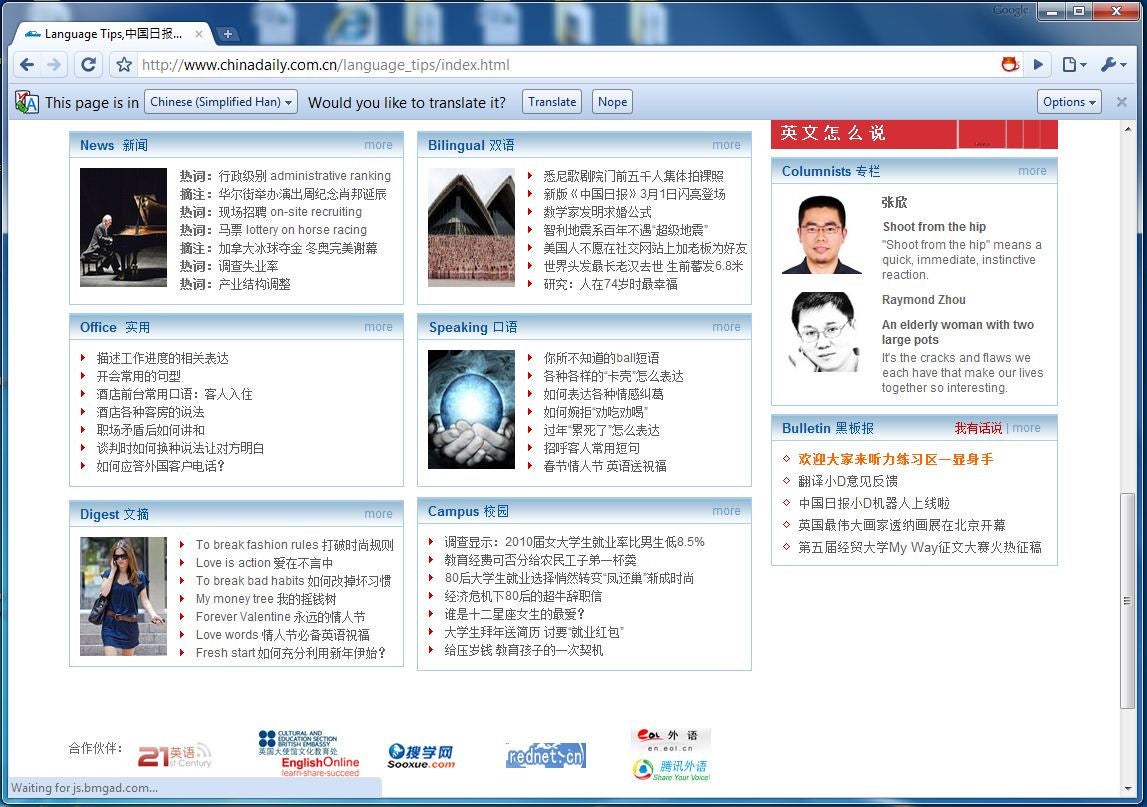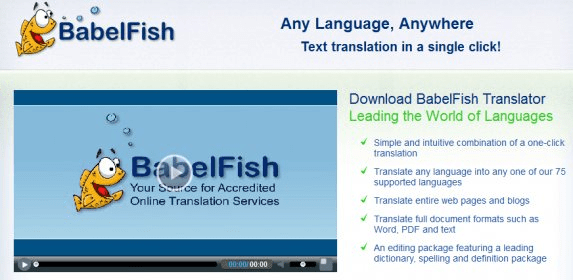
Now it yields "Je vais toujours", which preserves the elision but is not very good as a whole sentence in French, and offers the alternative "Je le ferai toujours" ("I will always do it"), which is the best one could expect without context.Earlier this year, the Malaysian Ministry of Defence unveiled its glossy new website, designed to show off its military prowess and high standards to the world.

Sure enough, GT yielded "Je t'aimerai toujours" ("I believe I will always love you"), highlighting a weakness of statistical correlation. Again in 2013, I tried "I always will" in Google Translate, knowing that the French future tense must supply a verb. I see that the syntax is now much more stable, but the implied parsing still isn't identical sometimes the demonym agrees with "camp" and sometimes with "prisoners".Ģ Another example is to use an elision allowed in one language but not another. 2ġ In 2013, when I last tried this out in Google Translate, it gave different syntaxes for the different countries. I guess that's about all it's possible to find out if we can't even do heuristics. This phrase is ambiguous who's Japanese: the camp, the prisoner(s), or the war (possible in different languages' syntax)? The variations might be expected to be parsed identically if it's rule-based, but differently if it's statistical, since some countries will appear often in the corpus but others will have no precedent. A classic example mentioned on Wikipedia is to try "Japanese prisoner of war camp" and substitute different demonyms for "Japanese".
2011's blog post on English-Spanish translation is equally nonsensical and equally suggestive of a rule-based approach - again, assuming this "Jenn" has any knowledge of their technology. If this has any relationship to the reality of their technology, it would suggest a rule-based approach. 2011's blog post on English-Latin translation is nonsense, but perhaps contains a hint in the claim that since Latin is "incredibly complex", online tools may not work for it. 2016's about page uses language indicating that they have no idea how common online translation is, suggesting that they probably are stuck in the past in terms of what machine translation is and can be. I wonder if this barely functional tool and remnants of the knowledge base are kept online simply for ad profit, whether by the original owners or webmasters or hijackers. The Wayback Machine also shows some hijacking at least once, not long before everything was blanked. Many of the pages have been blanked, and ads appear if you disable your blocking extension. Even if it has changed since then, it may well contain elements of a non-statistical base.įunny enough, BabelFish's main business appears not to have been this dinky little site, but human translation in fact, their early descriptions of themselves forswear machine translation. This means it probably didn't begin as a statistical system (which was not the norm at the time, to my knowledge). However, it seems rather that this forms a knowledge base with upvoting, downvoting & comments and is probably separate from the machine translation engine. enlarging the corpus) or in a rule-based way (i.e. This is ambiguous since individual translations could contribute in a statistical way (i.e. There is a "submit a translation" feature. 
Without your receiving a response from the contact form, and there being no answer when I call the phone number listed in business directories online, let's see what clues we can find on the website.






 0 kommentar(er)
0 kommentar(er)
